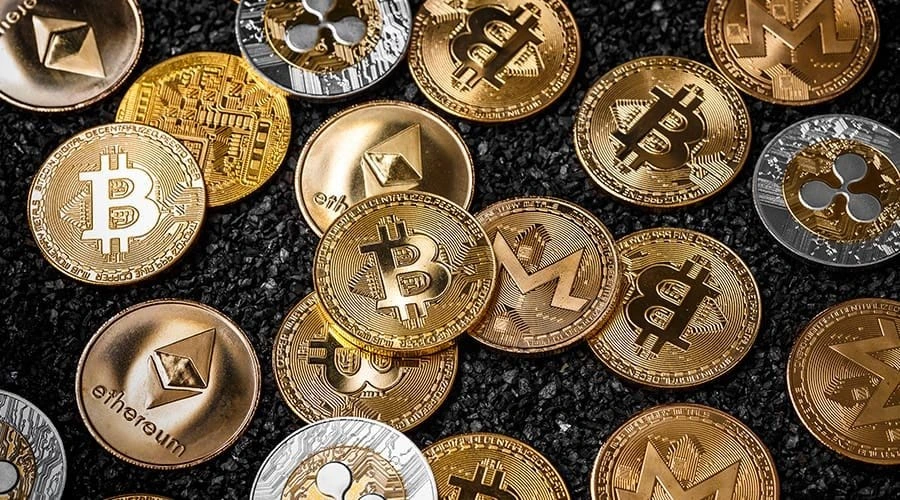PROTECT YOUR DNA WITH QUANTUM TECHNOLOGY
Orgo-Life the new way to the future Advertising by AdpathwayOfficial sources confirm that Bangladesh faces a critical period after the removal of Sheikh Hasina’s government in 2024. Nobel Peace Prize winner Muhammad Yunus, now interim leader, took charge amid deep unrest and economic distress.
His administration must steer the country toward economic stability and credible elections, while navigating internal resistance and commercial headwinds.
Yunus’s government faces persistent inflation, with official data showing annual rates above 9% in early 2025. The central bank projects GDP growth between 4% and 5% for the 2024–25 fiscal year, down from 7.1% in 2022.
The World Bank offers a more cautious estimate of 3.3% for the same period. Foreign direct investment fell sharply, with net inflows of $300 million in September 2024, down from $949 million the previous quarter.
These figures reflect declining investor confidence and a riskier business climate. The interim government’s economic challenges stem from years of alleged corruption and mismanagement.
 Bangladesh’s Reform Gamble: Can Yunus Fix the Economy and Restore Trust?. (Photo Internet reproduction)
Bangladesh’s Reform Gamble: Can Yunus Fix the Economy and Restore Trust?. (Photo Internet reproduction)A government-commissioned committee reported that illicit financial outflows during Hasina’s rule reached $240 billion. Authorities have blocked $11–12 billion domestically and are pursuing the rest through legal channels abroad.
Yunus aims to recover these assets to fund education, health, and youth entrepreneurship, but he acknowledges the process will take time. Trade tensions complicate recovery.
Bangladesh’s key export sector—ready-made garments—faces a 37% reciprocal tariff in the United States, its largest market. Yunus seeks to negotiate tariff reductions by offering to buy U.S. oil, gas, and cotton, hoping to balance trade and secure better terms.
At the same time, Bangladesh’s relations with India remain tense. India blocked Bangladeshi exports through Kolkata after Bangladesh restricted yarn imports.
Yunus downplays the dispute, noting that Bangladesh found alternative export routes and increased use of its own ports. China and Japan have become more important partners.
China supplies most industrial equipment and has invested in infrastructure. Yunus asked President Xi Jinping to consider lowering loan rates. Japan is helping build a deep-water port, aiming to turn southern Bangladesh into a regional trade hub.
Yunus also wants to send more Bangladeshi workers to Japan, addressing labor shortages there. Political uncertainty remains high. Yunus insists that electoral and governance reforms must precede elections, which he says will occur between December 2025 and June 2026.
Opposition parties want a firmer date, while some fear the return of authoritarianism if reforms stall. The interim government lifted a ban on the Islamist Jamaat-e-Islami party and released some leaders, sparking concerns about political stability and minority safety.
Bangladesh stands at a crossroads. The next year will test whether reforms can restore trust and unlock economic potential, or if instability will deepen. Businesses and investors watch closely, as the outcome will shape the region’s commercial landscape and set a precedent for post-crisis recovery.


 4 weeks ago
4
4 weeks ago
4










 English (US) ·
English (US) ·  French (CA) ·
French (CA) ·  French (FR) ·
French (FR) ·